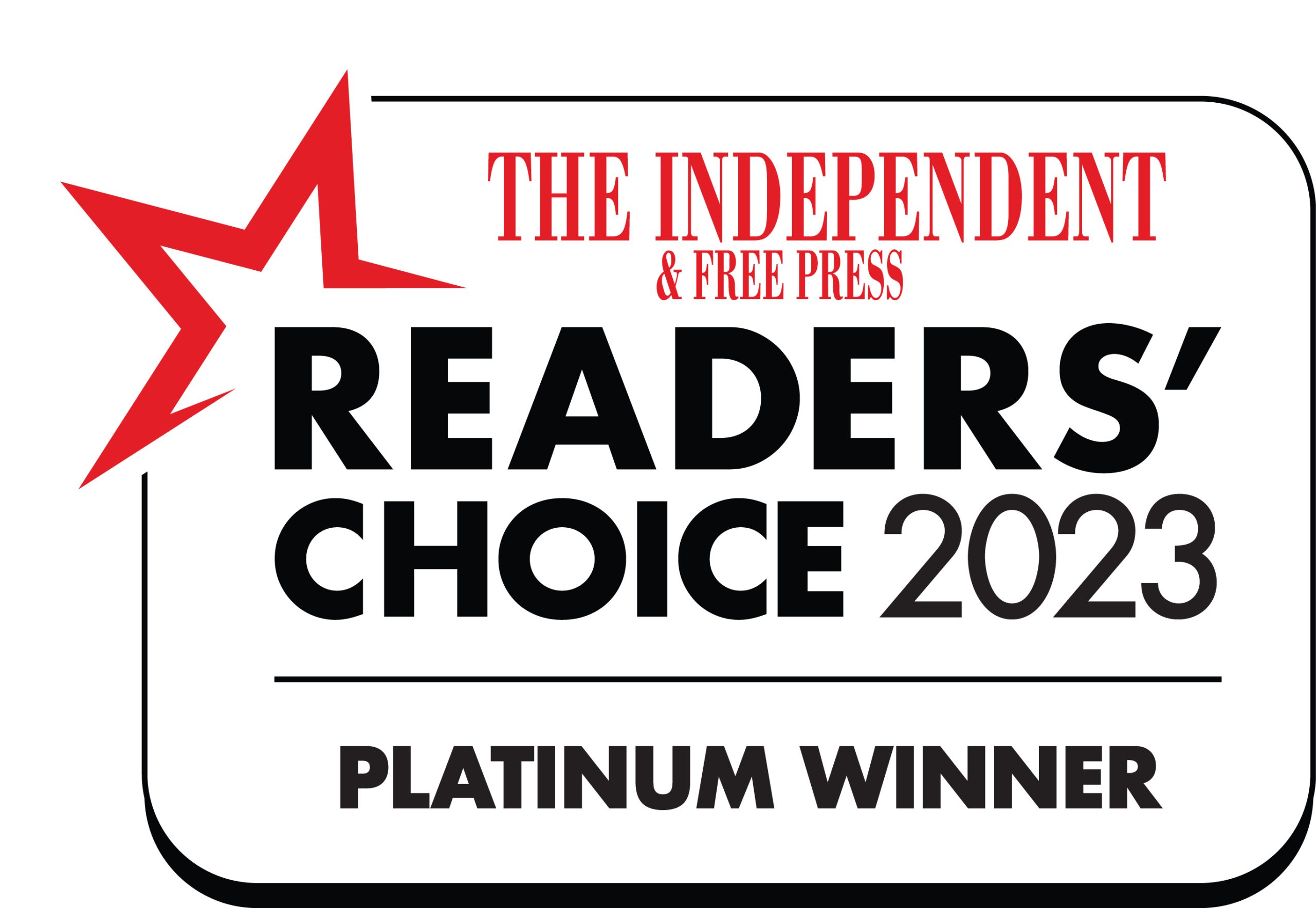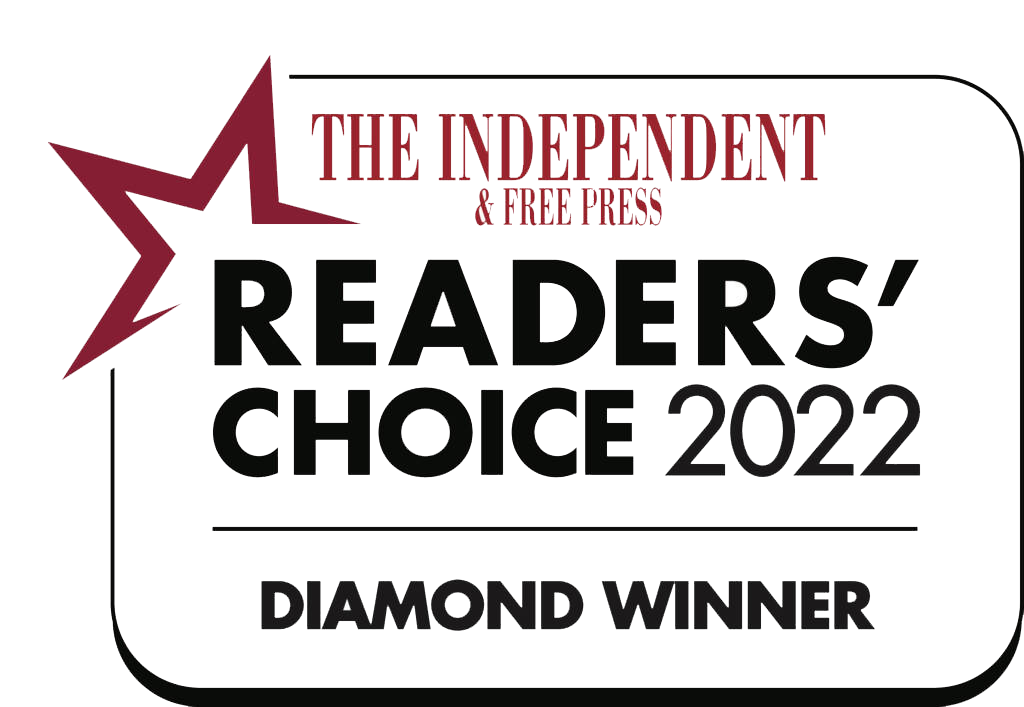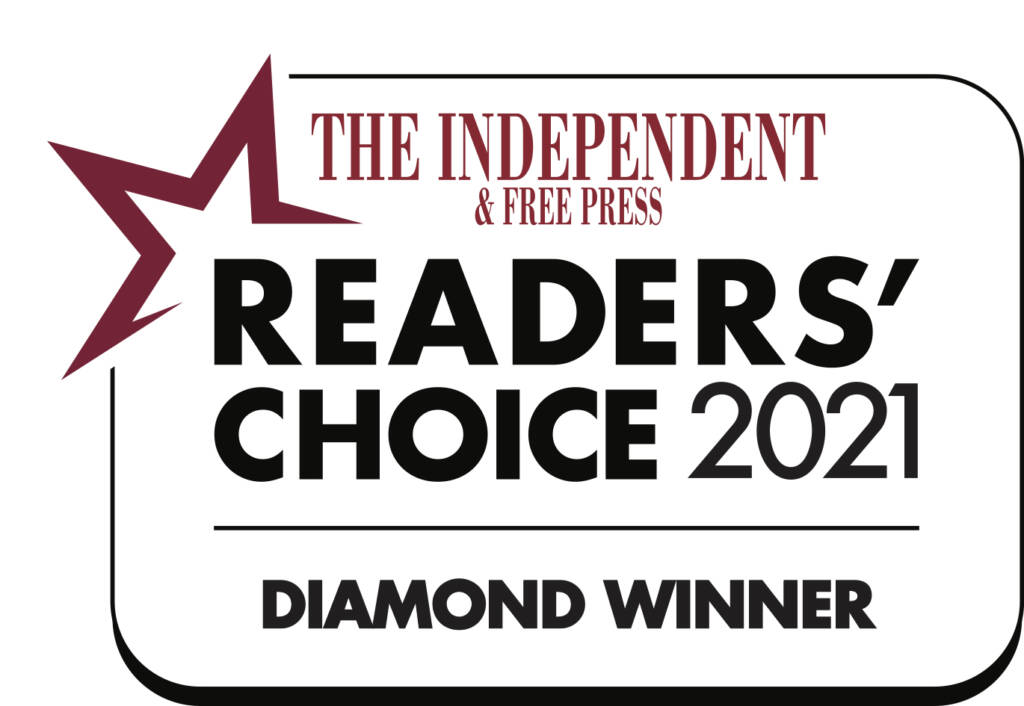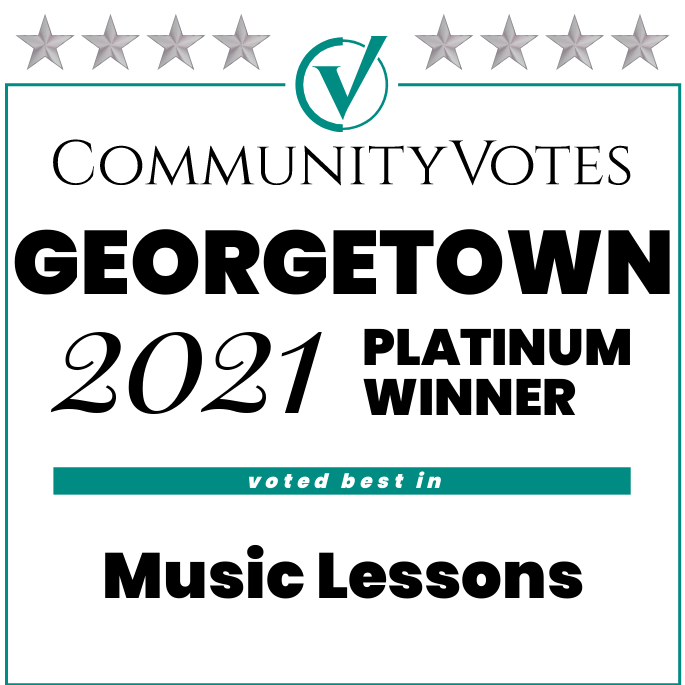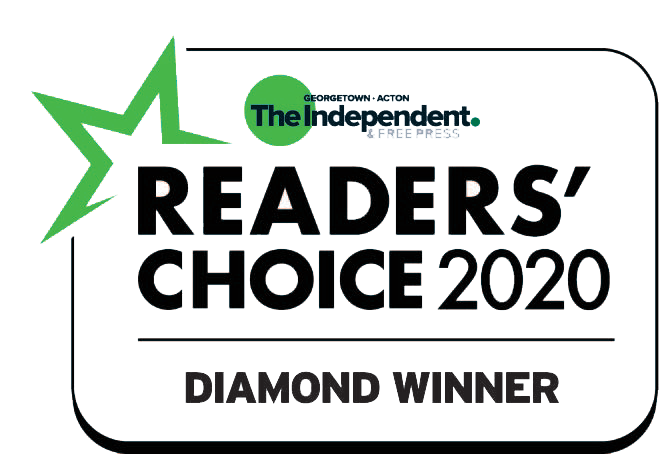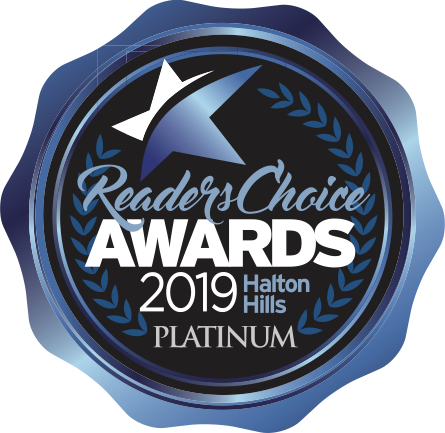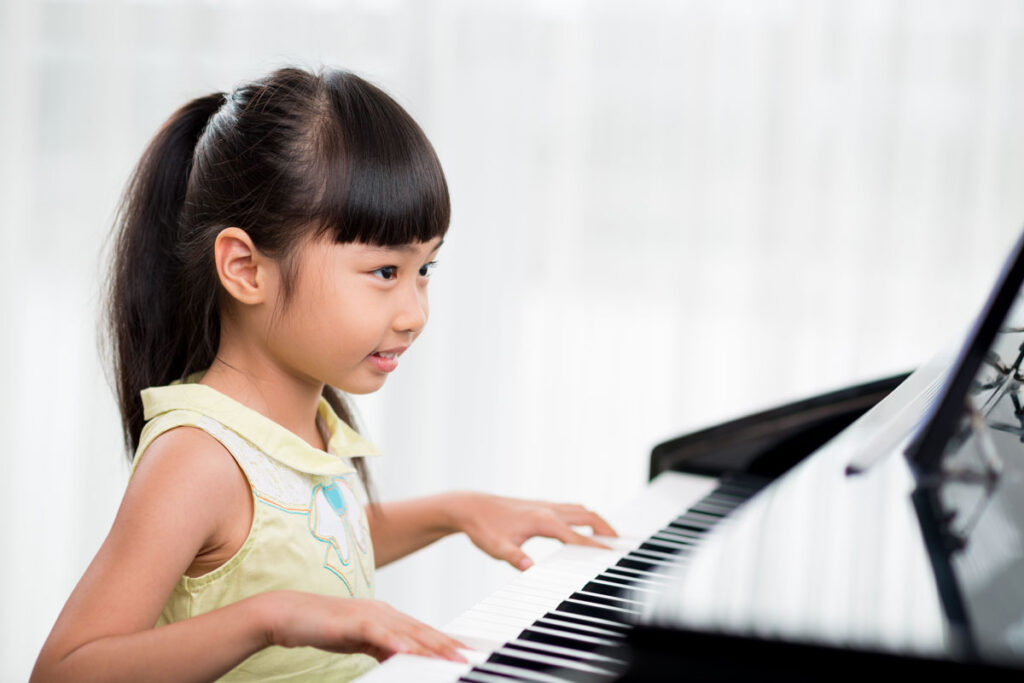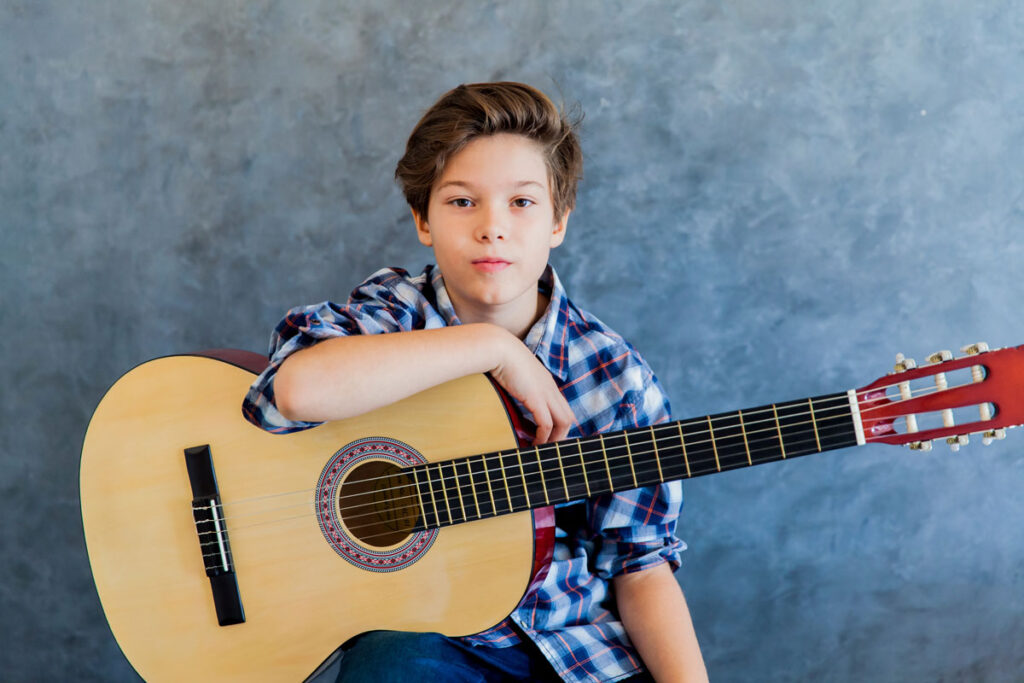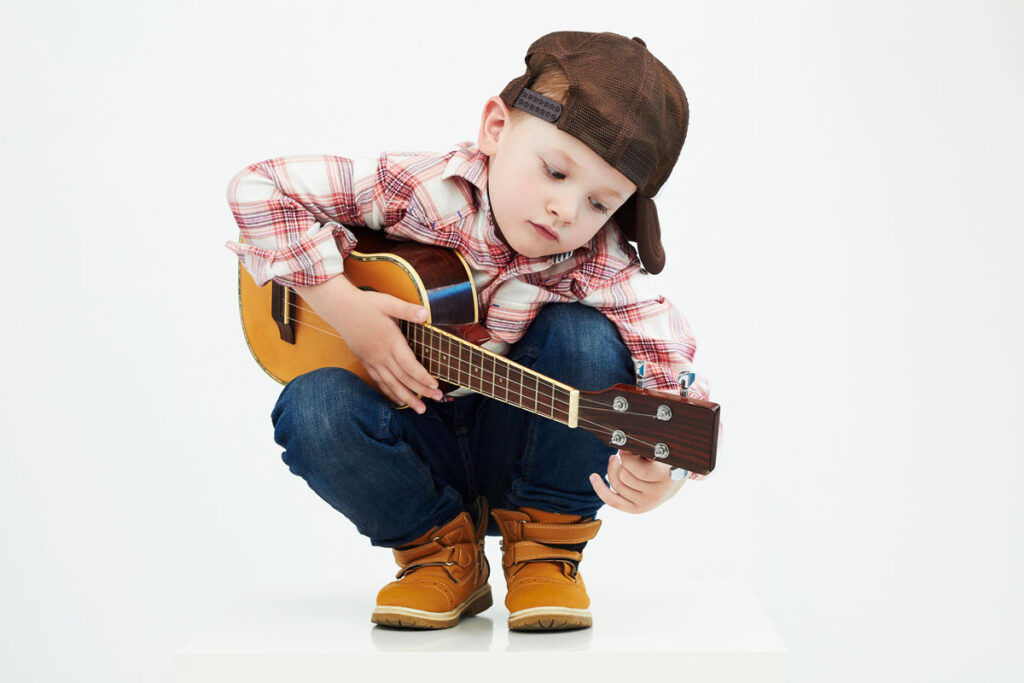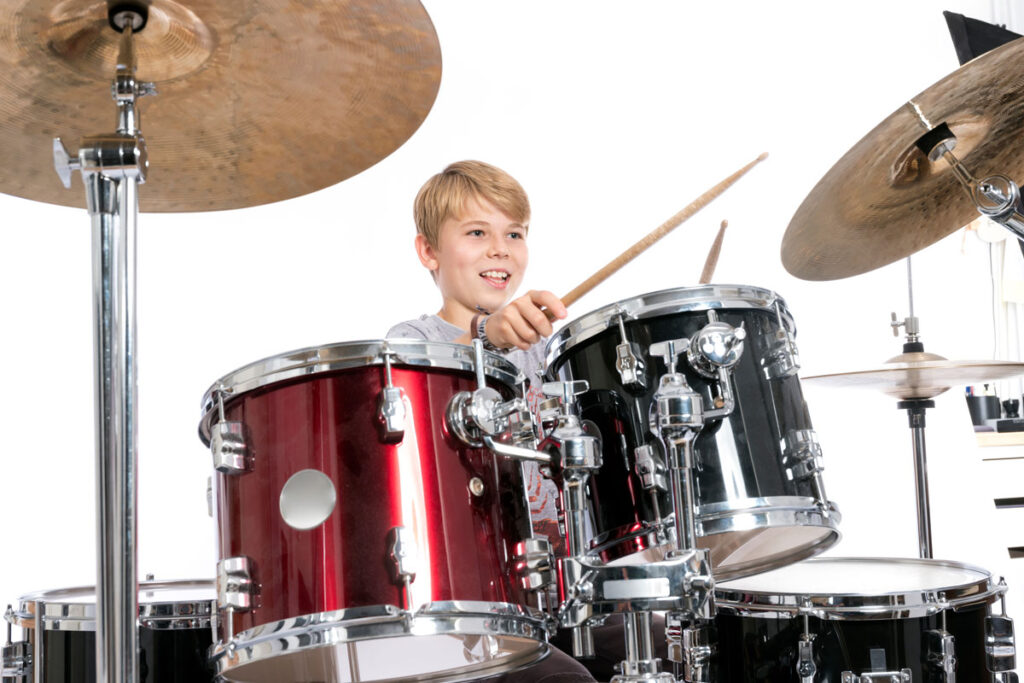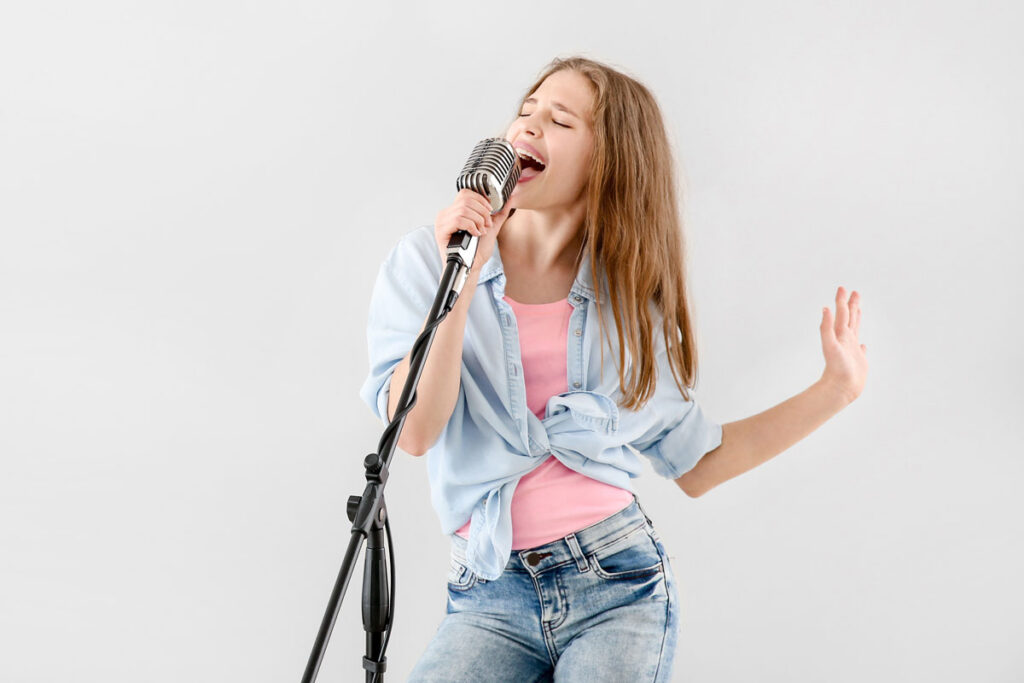Why The Academy of Music is Georgetown's #1 choice for music lessons
Since 1994 the Academy of Music has been a leader in music education having taught thousands of students from young children though to adults in Oakville Ontario. You can take private music lessons on piano, guitar, voice, ukulele and drums at our convenient location at Guelph Street in Georgetown. While you’re here researching the best school for your family consider the benefits of becoming an Academy student and learn why thousands of families have chosen our school for their music lessons.
HIGHLIGHTS
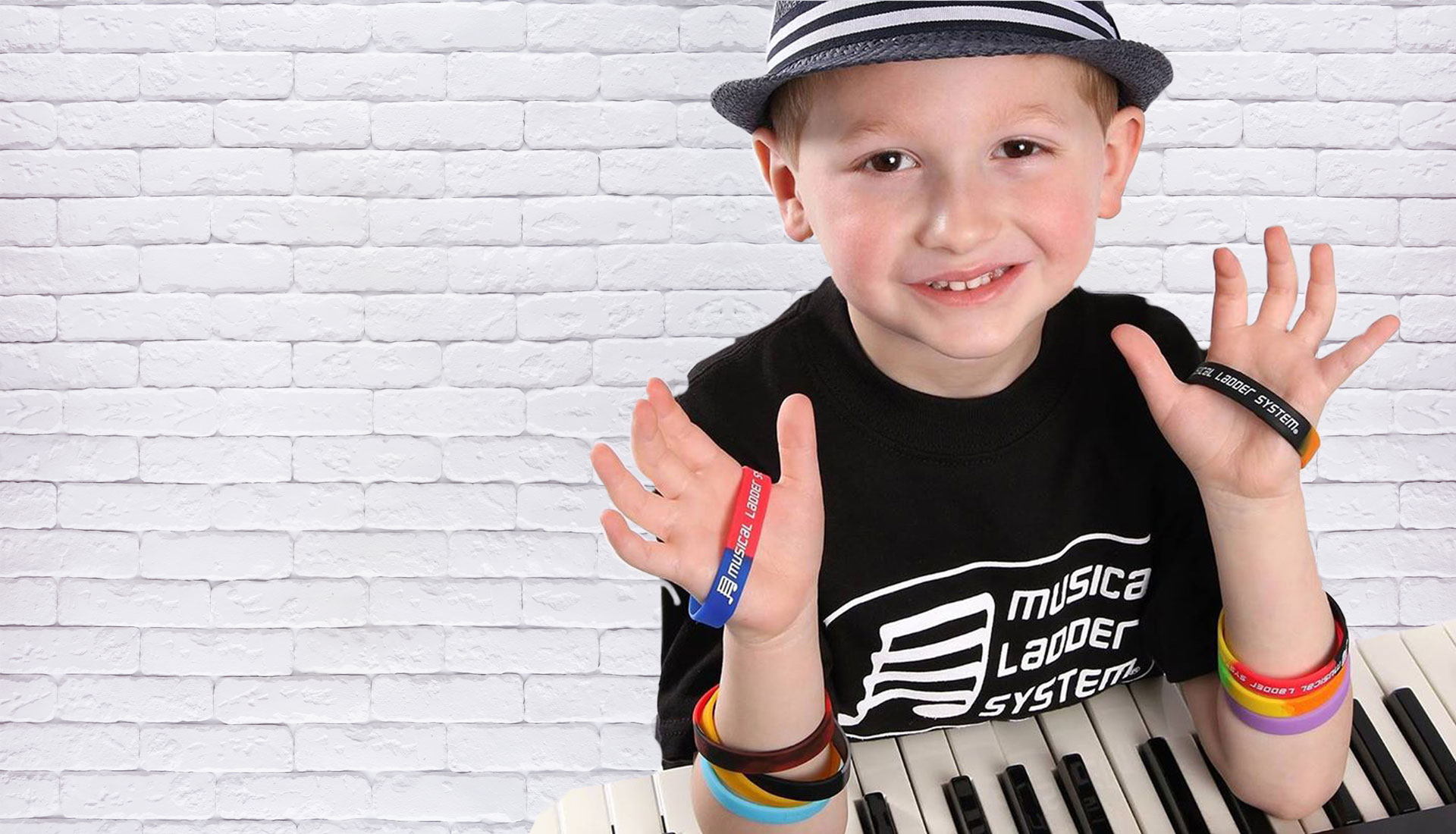
OUR PROGRAMS
FAQ'S
That question is often asked by prospective students. Our teachers make it a priority to get to know you on a personal level and to become familiar with your personal musical needs and goals.
We do not treat every student the same in terms of what and how we teach.
A seven year old having their first piano lesson will have very different needs than a fifty seven year old taking up the guitar for the 2nd time after having had lessons as a child.
The main reason to choose the Academy as your music lesson provider is that we are sensitive to the fact that every student is an individual.
We teach all styles from classical to rock, pop, jazz, country, and blues.
Our teachers have received their education from prestigious institutions such as York University, Western University, Humber College, Mohawk College, and the University of Toronto. Many of our instructors have gone on performance tours of Canada and the US, and have over 25 years of professional performance and teaching experience. In addition to their teaching credentials, our teachers have warm personalities, are extremely friendly and strive to get to know each student and their parent on a personal level.
Piano Lessons (ages 6+): Private Piano lessons for Children can start as early as age 4. Piano is the basic foundation of music and it’s the best instrument to start on. We have students who are learning for fun and students who participate in the Royal Conservatory exams. We start private piano lessons at any age from age 5 onward. Our one-on-one private piano lessons mean that the teacher can focus all of their attention on the individual of each student. Adults can start piano lessons at any age. Adult programs are tailored to each student. Many adults prefer to learn pop, jazz, or gospel music in their lessons. Learn more about our piano lessons.
Piano Lessons for Young Children (ages 4-5): Our fun and engaging piano program was specifically designed with the young beginner in mind. Students learn the fundamentals of music while at the same time learning how to play the piano. The “My First Piano Adventure” program incorporates elements of piano playing, reading, and writing in a way that is fun and accessible to early beginners. This is done with the use of games, sing a long songs and writing activities. Learn more about our piano classes for young children.
Guitar Lessons (ages 6+): The Academy of Music offers guitar lessons on acoustic, electric and bass guitar. We have an incredible guitar teaching staff and teach many styles including rock, pop, jazz, metal, blues, and folk. All of our lessons are taught by well trained, professional guitar teachers with university/college degrees or a minimum of 20 years professional teaching and performance experience. No matter what type of guitar lessons you are interested in, we have the right teachers for you. Usually we start guitar at 7 years old because of their hand size, however some younger students start with a smaller guitar or ukulele. Learn more about our guitar lessons.
Voice Lessons (ages 7+):
We have many students who take voice lessons or singing lessons at our Georgetown music school. Students sing all kinds of music from their favourite artists to classical arias. Voice students may also sing in our semi-annual recitals.
Our voice teachers are highly qualified specializing in voice and sing everything from pop and jazz to opera. Our teachers all have extensive performance backgrounds. Learn more about our voice lessons.
Violin Lessons (ages 5+): Violin students can start as young as age 5. We offer the Royal Conservatory and Suzuki violin repertoire. We also offer Celtic fiddle lessons for age 8 through to adults. For younger children we highly encourage a parent to sit in for the last few minutes of the lesson to help their children at home with techniques like posture and hand positioning. We supplement our private violin lessons with fun ensembles or fiddling groups that play in our recitals. Our violin teachers are university, RCM, or Suzuki trained on their instrument and many perform regularly with local orchestras or bands. Learn more about our violin lessons.
Ukulele Lessons (ages 4+): Our ukulele lessons are great for children and adults of all ages. Whether you want to play the Beatles, or Jason Mraz, our university trained and professional performance teachers will help you reach your musical goals. You will learn how to read music, improvise on the ukulele, and play by ear. Beginner ukulele students can expect to work on strumming chords, single note melodies, simple songs, and music theory. Learn more about our ukulele lessons.
Drum Lessons (ages 6+): Our drum instructors teach pop, rock, metal, jazz, funk, blues and many other styles. Drum language can be complex and our instructors will challenge each drum student with technical exercises designed to improve their speed and comfort. Drum students are encouraged to bring in their favourite drum parts to learn in the lessons. It’s important to learn what you want to learn. Learn more about our drum lessons.
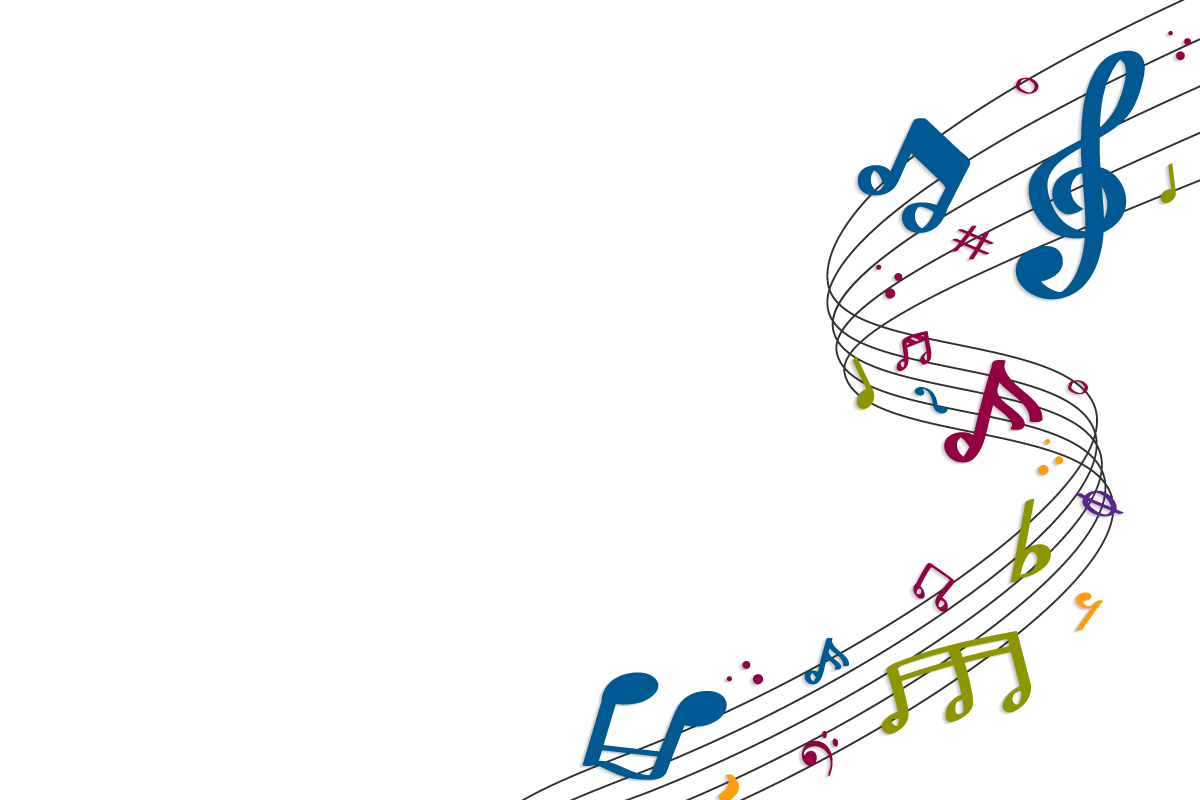

GET THE MOST OUT OF YOUR MUSIC LESSONS
Adults can start any instrument at any time. Their success is based on how willing they are to commit to practicing However, starting a child at the right age is a key element to the success of their lessons. Some people will tell you “the sooner the better” but this attitude can actually be a negative. If a child is put into lessons too soon they may feel overwhelmed and frustrated. The last thing you want to do is turn a child off of music just because they had one unpleasant experience which could easily have been prevented. Sometimes if the child waits a year to start lessons their progress can be much faster. Here are our age recommendations for each instrument. These are general age suggestions. Every child is different and some may be ready to start a bit earlier.
- Piano Lessons: 5+
- Guitar Lessons: 7+
- Voice/Singing Lessons: 7+
- Ukulele Lessons: 5+
- Drum Lessons: 6+
Learning music is not just a matter of having a qualified teacher but also having an environment that is focused on music education. In a professional music school environment, a student cannot be distracted by TV, pets, ringing phones, siblings, or anything else. In a music school the lessons are not just a hobby for the teacher but a responsibility which is taken very seriously.
Improving in music takes practice. One of the main problems with music lessons is the drudgery of practicing and the fight for parents to have their students practice every day. Here are some ways to make practicing easier:
Schedule
Set the same time every day to practice so it becomes part of the routine. Generally, the earlier in the day the practicing can occur the less reminding is required by parents to get the child to practice.
Repetition
For a young child 20 or 30 minutes can seem like an eternity. Instead of setting an amount of time to practice use repetition instead. For example, practice this piece four times every day and this scale five times a day. Then the child does not pay as much attention to the amount of time they are practicing but to the amount of repetitions they have completed.
Rewards
Parents can encourage children to practice by granting them occasional rewards for successful practicing. Praise tends to be the best reward. At the Academy we use a unique Musical Ladder System so that students are rewarded for their progress consistently. Of course there is no substitute for a pat on the back from a parent or teacher for a job well done.
There are some excellent materials developed by professional music educators that are made for students of all ages. There are many books that can start a student at any level they are comfortable. These materials have been researched and are continually improved to make learning easier. The workbooks ensure that no important part of learning the instrument will accidentally be left out. If you ever have to move to a different part of the country then qualified instructors will recognize the materials and be able to continue from where the previous instructor left off.
Music should be something that you enjoy for a lifetime. Don’t put unrealistic expectations on yourself or your children to learn too quickly. Everyone learns at a different pace and the key is to enjoy the journey.
